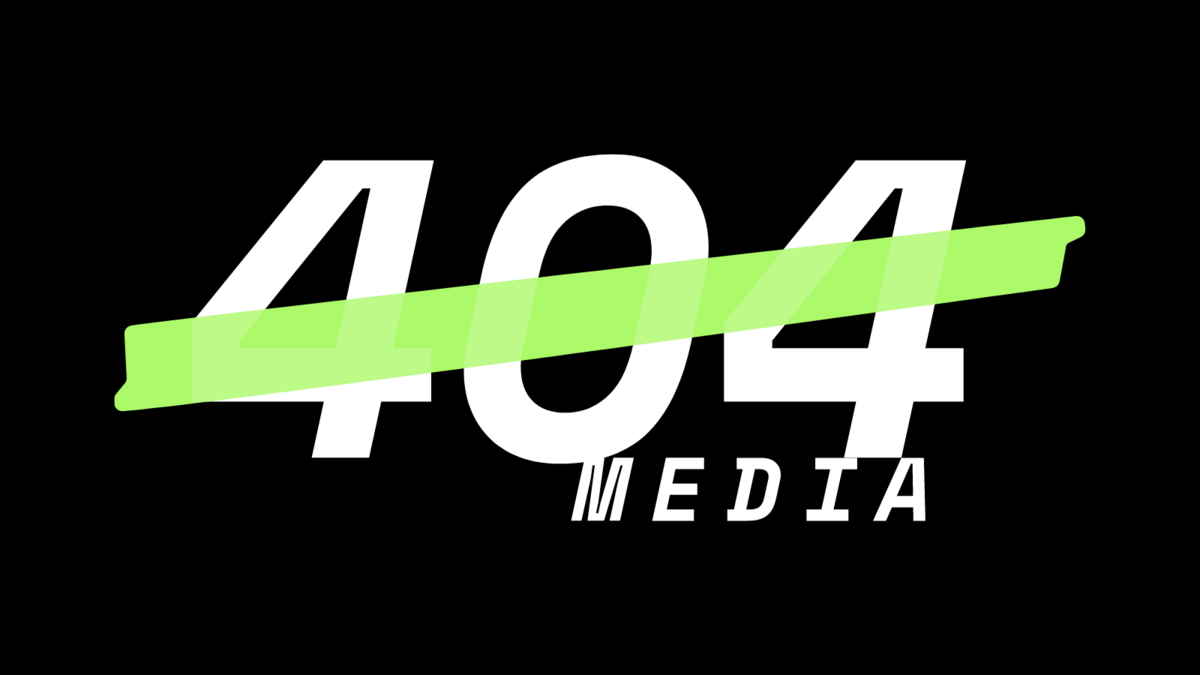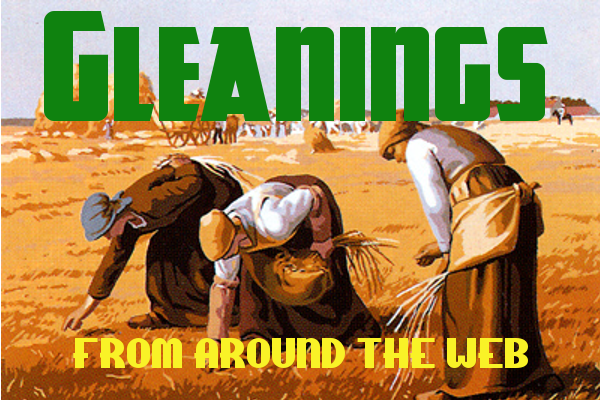This week, Damon Orion writes about the worker cooperatives that have emerged following the massive layoffs in journalism over the last five years. These co-ops have found success employing business models that depend on reader subscriptions rather than advertising to pay their bills.
Then, David Bollier announces a new and updated edition of his book 'Think Like a Commoner,' and talks with Jimmy Buff about what lead him to write the book and how the commons movement has progressed over the last decade.
Finally, if you can spare a few dollars to support GEO's coverage of the worker cooperative and the solidarity economy consider making a one-time or recurring contribution through our Give Butter page. Thank you!
Worker-Owned News Outlets Are Changing the Media Industry
by Damon Orion
This business model has brought financial success for Defector, whose annual report for September 2023 to August 2024 showed a total revenue of $4,600,000. Meanwhile, the Nieman Journalism Lab reported in 2024 that Hell Gate “doubled its subscription revenue in its second year as a worker-owned news outlet.” Hell Gate, which launched in 2022, attributes this “growth to its hard paywall and a website redesign that made subscribing easier.”
A New, Updated Edition of 'Think Like a Commoner'
by David Bollier
It was important to explain that commons are living, relational organisms, and not simply resources, as economists tend to believe. This was a key epiphany for me and my colleague Silke Helfrich in our 2019 book, Free, Fair and Alive. We realized that the commons required a major reconceptualization a language and worldview that escapes the standard economic framework.
How Top Manta co-op helps Barcelona’s street vendors formalise
Co-operative News — In 2017 the union set up Top Manta, a co-op that sells clothes, accessories and sportswear made by migrants. In doing so, it aims to improve the living conditions of the vendors and take them off the streets. Getting started was difficult, particularly due to the lack of access to capital but the co-op was able to raise €77,000 to launch its clothing brand through a crowdfunding campaign...
India's First Cooperative University Named After Tribhuvan Das Patel
Devdiscourse — You don’t have to join or start a formal mutual aid network to practice collective care—though if you’d like to, here’s a list of existing networks across the country and a primer on how to start your own. Each of us can work on orienting our lives toward an ethos of collective care in small, intentional ways. Here are a few ideas on doing just that from the Moms Clean Air Force team:...
The Future of International Development Is Mutual Aid, Not Donor Aid
Inside Philanthropy — Many of us who work in the nonprofit sector are aware of some of the subtler harms of the way giving is framed: the white savior complex so often embodied by donors; the related tech savior complex embodied by rich individuals who want to dictate every detail of programs despite knowing little about the sector, location or history. The way NGO staff from rich countries are, all too often, paid more than those from poor countries; the way the international aid sector has been talking for decades about localization and still largely fails to grapple with fundamental inequalities. Aid is ugly, despite the fact that most individuals working in the sector care deeply and think urgently about what they’re trying to do, and keep doing it because it seems to be the only way to make any difference at all. Is the current approach really the only way?...
Jobs, Jive, & Joy with Bernard Marszalek & Peter Bloom
Minor Compositions (YouTube) — When it comes to collective leadership, simply having the willingness to work in this way is not always enough, and trying to ensure everyone is heard without systems and structures to support this aim can become messy and unworkable. A growing number of co-ops are exploring how the governance system of sociocracy can help them to ensure those involved have a say while still getting things done...
Technical Working Groups on Cooperative and Social and Solidarity Economy (SSE) Statistics launched
International Labour Organization — On March 12, the ILO launched two Technical Working Groups (TWG) on statistics: the COPAC TWG on Measuring the Economic Contribution of Cooperatives (TWG MECC) and the UNTFSSE TWG on Social and Solidarity Economy Statistics (TWG SSES). The two technical working groups are tasked with an ambitious mission: refining and advancing cooperative statistics and laying the methodological groundwork for SSE statistics. They bring together around 30 members carefully selected for a balanced representation of a wide range of institutional, regional and sectoral perspectives...
Like what you find on GEO?
Make a Donation Today!
Your tax-deductible contribution ensures that GEO can continue to provide independent grassroots content about the cooperative and solidarity economy movements.
Got something to say?
Let us know. Send your comments, suggestions, rants and article submissions to editors@geo.coop.
Follow us on Social Media
Mastodon: social.coop/@GEO_Collective
BlueSky: @geocollective.bsky.social
FB: facebook.com/GEOCollective
Twitter: twitter.com/@GEO_Collective
Instagram: instagram.com/grassrootsecon
Our mailing address is:
Grassroots Economic Organizing
P.O. Box 115
Riverdale MD 20738-0115




